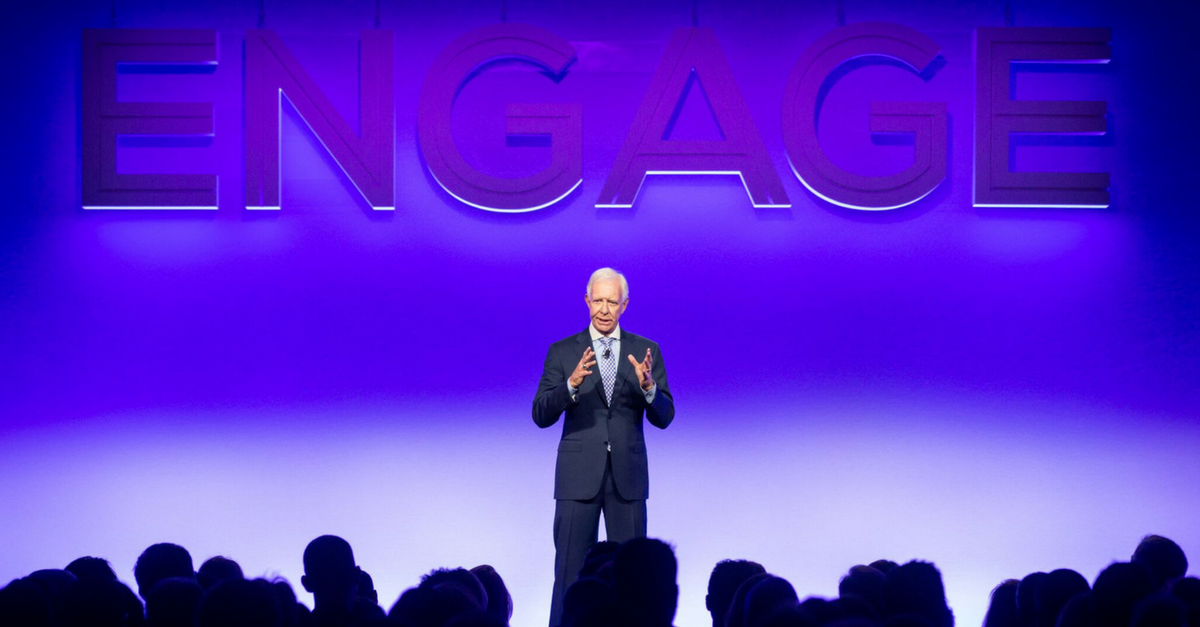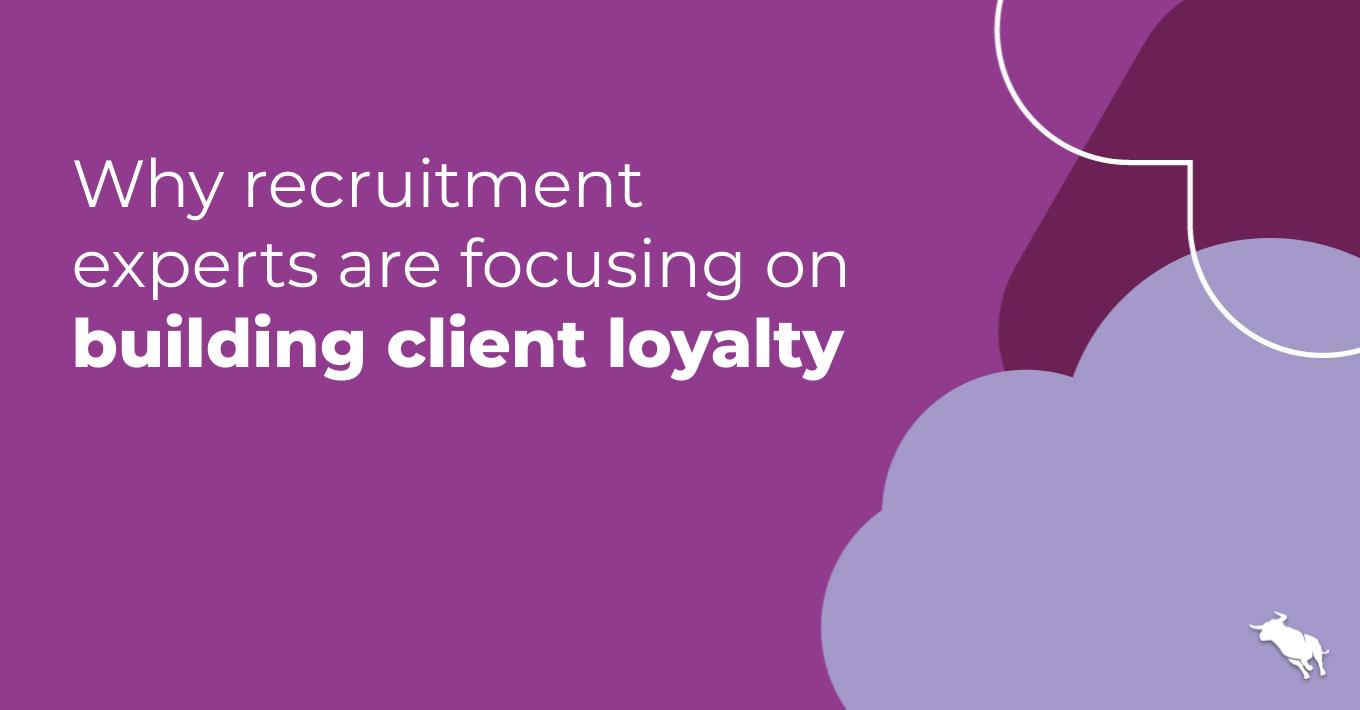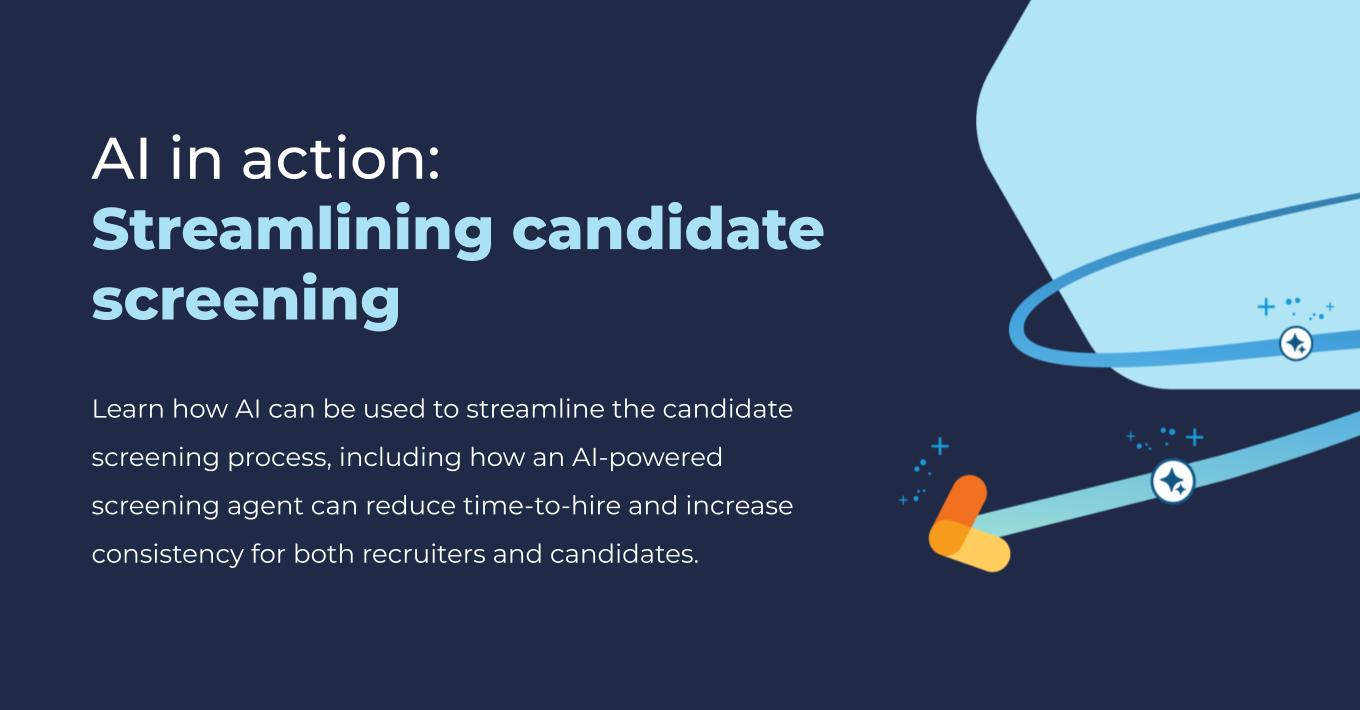208 Seconds: a Lifetime of Lessons—Top Insights from Captain Sully Sullenberger’s Keynote at Engage 2018

The theme of Engage Boston 2018 is the power of people, and few people demonstrate the power of people like pilot and “Miracle on the Hudson” hero Captain Chesley B. “Sully” Sullenberger, III. Throughout his session, Captain Sullenberger shared valuable insights on the importance of leadership and being human that are relevant to professionals in the staffing industry and beyond.
Captain Sullenberger took the stage to thunderous applause. “Thanks — but I haven’t even said anything yet,” he quipped. “For years, I’ve been trying to remind everyone that like much in life, aviation is a team sport, and yet I’ve gotten all of the attention and become the public face of this event.” He reminded the audience that The Miracle on the Hudson happened as a result of all the first responders, passengers, and flight crew.
“All around us, there are anonymous people who are doing heroic things,” he said. “We just don’t know who they are because they haven’t been as publicly tested as we were.”
Living by Core Human Values
Sullenberger believes that many values, including a sense of civic duty, of service above self, and a willingness to share our society’s many sacrifices seem to have gotten lost in the noise, and points to the last financial upheaval (starting in 2008) as an example of a time when some people thought selfishness reigned.
But he reminded the audience that in spite of how it often seems, there are things that we owe to each other as citizens. Without our civic duty to each other, it wouldn’t be safe to drive down the average highway.
“Some say that it must be because I have daughters that I care about what women’s lives are like, but they’re wrong,” Sullenberger said. “I care about what happens to half the population of this planet not because I once had a mother, not because I’m married to my wife, not because I happen to be a father of daughters, but because I am human, and I think that’s a big part of what it means to be a man.”
Captain Sullenberger: “I care about women not because I’m the father of daughters, but because I’m a human.” Hear, hear! #BullhornEngage
— Aravinda Rao Souza (@seriousvinda) June 14, 2018
Throughout his life, he’s understood the power of leading by personal example and advises others to live in such a way that their values are apparent. You don’t have to tell people what you believe or have a sign on your desk or a poster on your wall or wear a T-shirt emblazoned with a slogan. You just need to have real core values and try to make them real on a daily basis.
“These core values can be guideposts and guardrails to keep us and our organizations from making egregious errors,” he said. “If more people in 2008 had acted on core values, maybe they wouldn’t have driven the world’s economy off a cliff.”
When people come to work, he said they want to do a good job, but leaders must create an environment, a culture, in which they can and are willing to do their best work, and remove barriers and make it as easy as possible to do so. “Best practices should be applied day in and day out.”
Creating an Expert Team
Sullenberger graduated from the U.S. Air Force Academy, went to grad school twice, and then flew the U.S. Air Force F-4 Phantom II as a fighter pilot and later became a training officer. It was after each flight, during the debriefing, where the learning really occurred, he said. “We, leaders and followers alike, held ourselves accountable to the highest professional standards, and in brutally honest exchanges talked about what worked, what didn’t, and what we could do better the next time,” he said. “We were always trying to make the next flight better than the previous one.”
Sullenberger said he was proud that he was one of the pilots who changed the cockpit culture at their airline. They moved from a team of experts to an expert team — an important shift. They created a shared sense of responsibility for the outcome and made it make it psychologically safe for a junior flight attendant to approach a senior captain about a safety issue, and know that he or she would be heard and that the issue would be acted upon.
Watch the best. Learn from the best. Take the experts and make an expert team.
Captain Sully #BullhornEngage #DiceLive— Dice.com (@Dice4Employers) June 14, 2018
“After all the recent mergers, resulting in only four major airlines in the U.S., they are so large that we are constantly flying with people we’ve never met before,” he said. “But as a result of our team training, we can take a collection of strangers and create a crew that can successfully handle the emergency of a lifetime.
“We make it look easy, but it’s not. This goes back to remembering who you’re doing this for. When airline pensions were wiped out, morale went down, but the captain is responsible for setting the tone and helping the crew dig deep and forget all of the bad things about the job.”
“If you had to meet your team of strangers, how would you engage and motivate them?” he asks. “We have to do this every day.”
Whether you’re a pilot, a recruiting professional, or a leader of a team or a company, you can take away valuable insights from Captain Sullenberger’s keynote to accomplish extraordinary things.
Want to read more about Engage 2018? Check out these memorable moments from Engage 2018.








